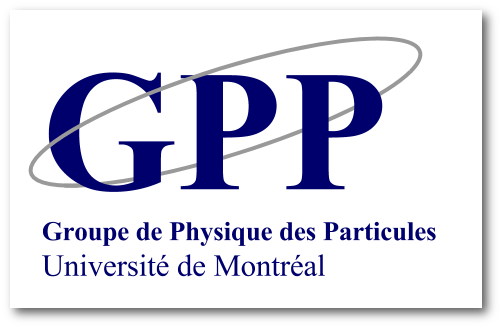You are here
Probing Cosmic Ray Anisotropy in the Northern Hemisphere with Atmospheric Neutrinos
Cosmic Rays have remained an enigma for over a hundred years since their discovery. This talk focuses on a well-measured, yet similarly elusive feature; an unexplained structure in arrival direction spanning many energies and angular scales. We now introduce a new way of exploring Cosmic Ray Anisotropy: observation through secondary neutrinos. Studying the cosmic rays' neutral daughter particles with pointing capabilities, like neutrinos, could shed new light. This can be done at two levels; a source, which produces cosmic rays, must also produce high energy astrophysical neutrinos, and low energy atmospheric neutrinos are made when the cosmic rays interact with the atmosphere. This analysis focuses on atmospheric neutrinos detected by IceCube, a Cherenkov detector instrumenting a kilometer cubed of glacial ice at the South Pole. IceCube has studied the anisotropy and its energy dependence in the Southern sky using atmospheric muons.
Using IceCube and a high-acceptance dataset of atmospheric neutrinos created for this analysis, we are nearing the sensitivity threshold to observe the phenomenon in atmospheric neutrinos arriving from the Northern Hemisphere. This analysis focuses on energy ranges that correspond to the spatially-consistent lower energy features of the dipole structure. Due to the statistical limitations of the neutrino dataset in comparison to the cosmic ray datasets, we also introduce new methods for detecting signal along with the standard multipole analysis methods. These include a 1D relative intensity fit to determine the amplitude and phase of the dipole, and a 2D binned log-likelihood analysis focusing on searching for observed anisotropy maps from the Tibet collaboration. Future hope for the work is to create a single-detector all-sky map of the anisotropy, minimizing systematical difficulties combining datasets from separate collaborations.

